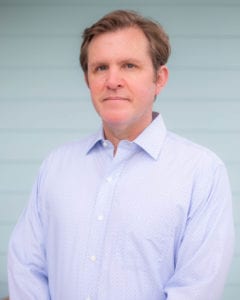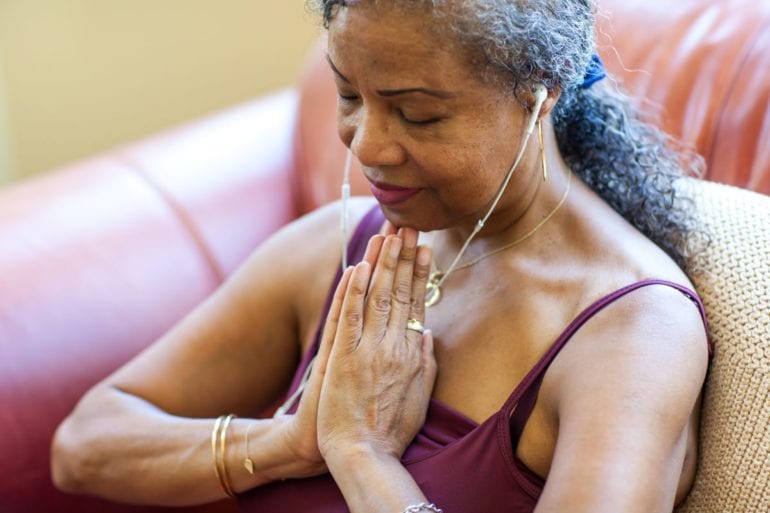
Aside from the fact that we can’t do our jobs effectively if we don’t take care of ourselves, it’s important that we as mental health professionals model responsible behavior – not just for clients but for friends, family, and others that may take cues from us during times of crisis. Many providers are in the position to be able to keep doing our jobs during this crisis. While this may buffer us from anxiety related to uncertainties about maintaining income, we may be susceptible to additional work-related stress. This is on top of the considerable stress and anxiety associated with the pandemic.
It also appears quite likely that we will see far-reaching and persistent psychological effects from this crisis long after the pandemic itself improves or resolves—from people coping with the loss of their jobs or loved ones to those battling anxiety, feelings of helplessness, or existential concerns. Effective mental health professionals are likely to be sorely needed in the months to come. So it’s important that we be as prepared as we can going forward.
One: Seek out and engage in positive contact with others.
While of course, we should follow all recommended guidelines for social distancing, we can still engage with others meaningfully. Many of us are doing so using electronic means, but it’s also important to seek out face-to-face contact when possible to do so safely. Making an effort to walk around one’s neighborhood or sit on the porch can be a break from “cabin fever”. It also allows for a break from staring at electronic devices. It gives us ample opportunity to see and speak to others (even at a distance). Taking time to catch up with friends and neighbors may feel particularly gratifying — even a simple “hello” or even just making eye contact and smiling when we pass someone on the street. This can help offset the anxiety, loneliness, or isolation that may accompany “stay at home” orders.
Two: Take breaks from news outlets, social media, and electronics altogether.
Many mental health professionals are fortunate in being able to continue to work remotely. However, increased screen time can take a toll both psychologically and physically (e.g. posture, eyestrain). There’s a fine line between staying appropriately informed and feeling overloaded. Moreover, frequent exposure to catastrophic news (whether actual or predicted) can heighten our sense of anxiety and helplessness.
Three: Be sensitive to boundaries and limits.
By definition, those of us in helping professions are skilled and well-practiced in being sensitive to others’ needs. We may feel particularly motivated to put our needs “on the back burner” in times of crisis. In addition, focusing on others’ concerns may provide a much-needed distraction and/or sense of control and competence during a time of uncertainty and helplessness. While we should certainly feel grateful for these opportunities, we should still be careful not to overlook our own needs. Whether those be for personal space, time to relax or “recharge,” or for sufficient rest, exercise, and nutrition.
This mindset also should extend to careful consideration and judgment about whether to continue to interact with clients on a face-to-face basis, as opposed to conducting sessions via telehealth or phone. It also may be helpful to consider canceling or postponing sessions with clients who are not in crisis or acute distress. While clinical judgment is obviously important in these determinations, providers should be attuned to potentially problematic assumptions related to provision of care (e.g. “My clients will fall apart if they can’t see me for regular sessions”).
In addition to the ideas listed above, it’s important to find a balance between passive and active strategies for self-care. While activities such as watching TV or movies may offer a welcome distraction and opportunity to unwind, excessive reliance on passive strategies may become problematic against the current backdrop of pervasive uncertainty and helplessness. Engagement in creative or generative activities (such as writing, drawing, playing music, cooking) may be especially effective in promoting a sense of self-efficacy, as well as offering additional avenues for connection with others in spite of physical distance.
activities such as watching TV or movies may offer a welcome distraction and opportunity to unwind, excessive reliance on passive strategies may become problematic against the current backdrop of pervasive uncertainty and helplessness. Engagement in creative or generative activities (such as writing, drawing, playing music, cooking) may be especially effective in promoting a sense of self-efficacy, as well as offering additional avenues for connection with others in spite of physical distance.
Dr. Michael Bradley is a professor in The Chicago School’s Clinical Psychology Doctoral Program at Xavier University of Louisiana (TCSPP@XULA).
_______________________________________________________________________________________
Learn more about The Chicago School
If you would like to learn more about the academic programs available at The Chicago School of Professional Psychology, please fill out the form below to request more information, or you can apply today through our application portal.

